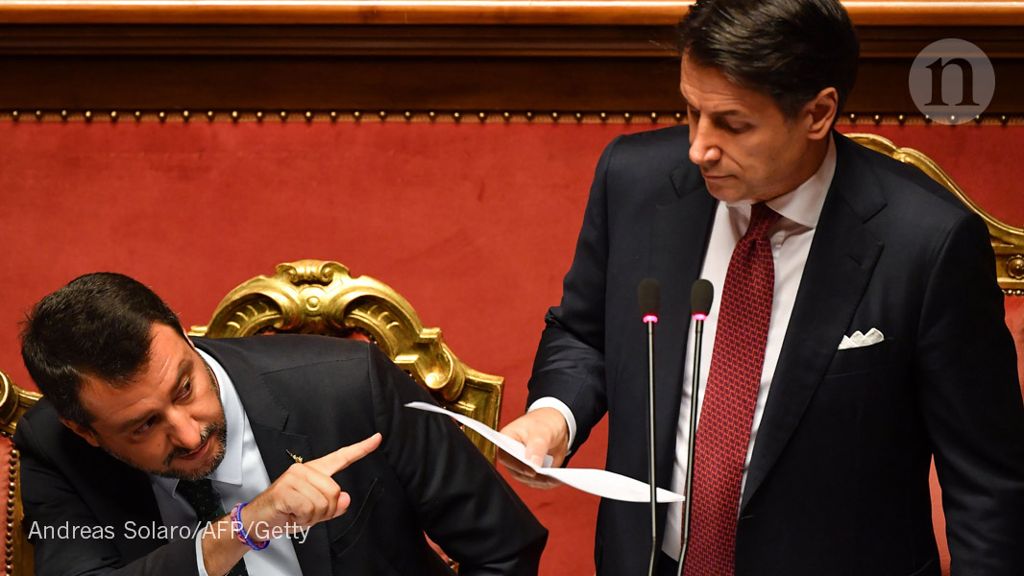Death of EPA's Controversial 'censored Science' Rule Delights Researchers
Death of EPA's Controversial 'censored Science' Rule Delights Researchers
Lengthy battle over regulators' use of confidential data ends in Montana courtroom.
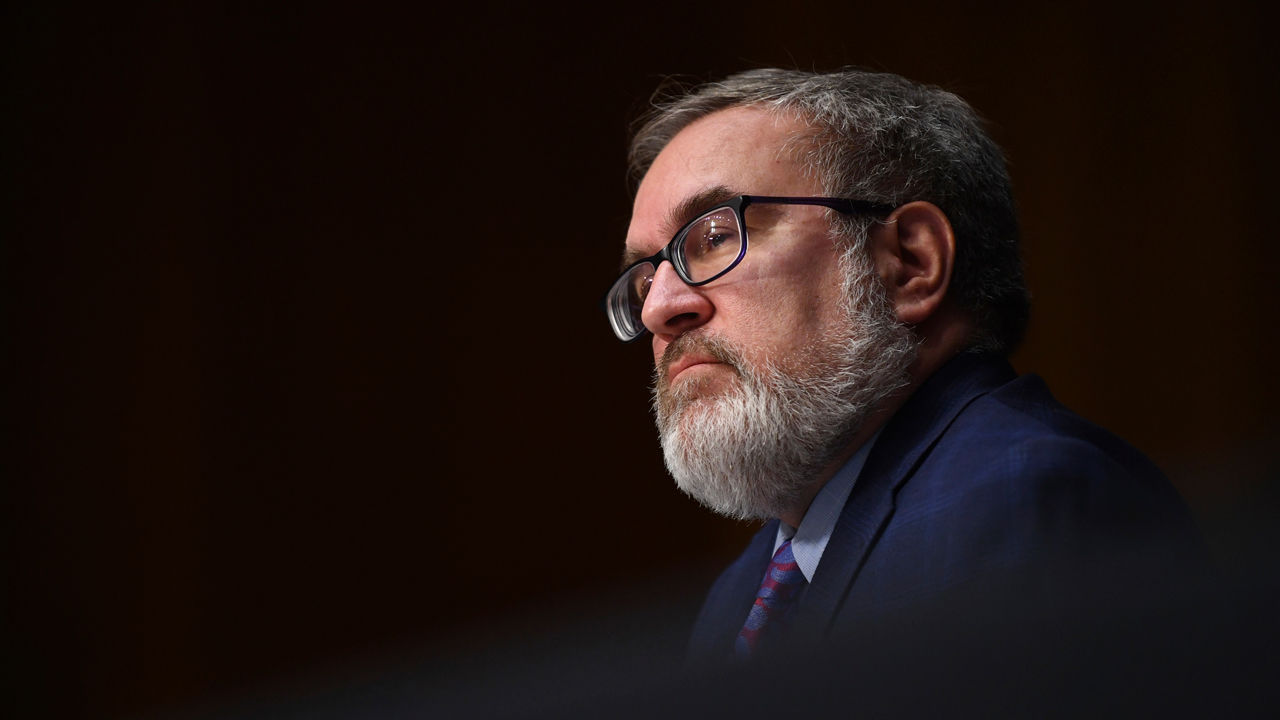
Send us a link
Lengthy battle over regulators' use of confidential data ends in Montana courtroom.

Despite a long list of supremely qualified people who could inspire a whole new generation of scientists, the glass ceiling in American science remains intact.
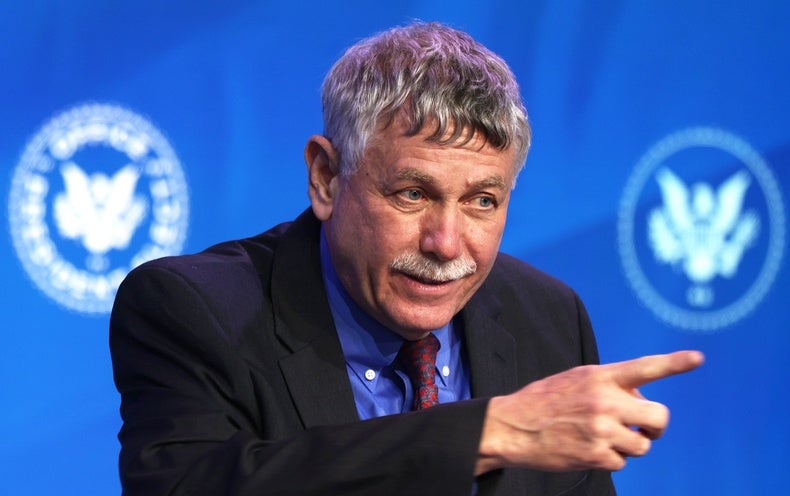
Scientists praise US president's pick of Alondra Nelson, a specialist in bioethics and social inequality.
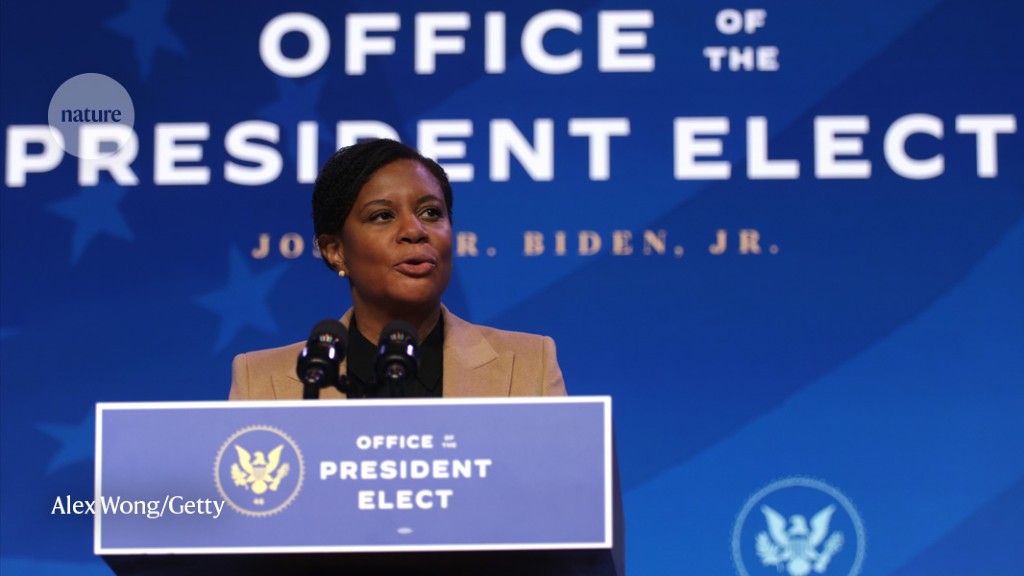
Joseph R. Biden Jr. will bring with him the largest team of climate change experts ever assembled in the White House, and action on global warming is expected quickly.

Under Biden, genome-sequencing pioneer Eric Lander may become the most powerful scientist in US history. But he comes with some baggage.
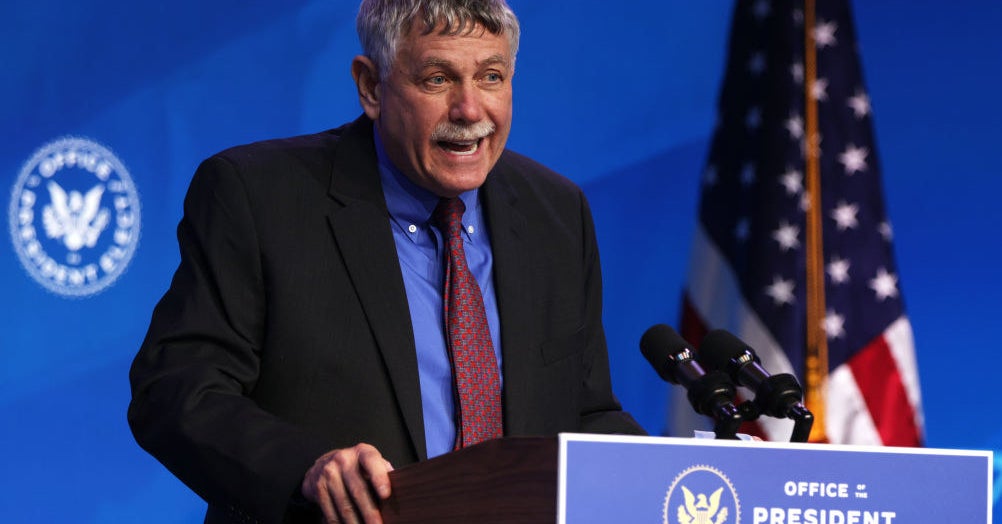
Politics has thoroughly contaminated the scientific process in 2020. The result has been an epidemic of distrust, which further undermines the nation’s already chaotic and ineffective response to the coronavirus.
Authorities' increased scrutiny of Chinese researchers' background causes concern about unfair accusations.

Moncef Slaoui, scientific head of Operation Warp Speed, discusses challenges and politics of approving a vaccine before the election.
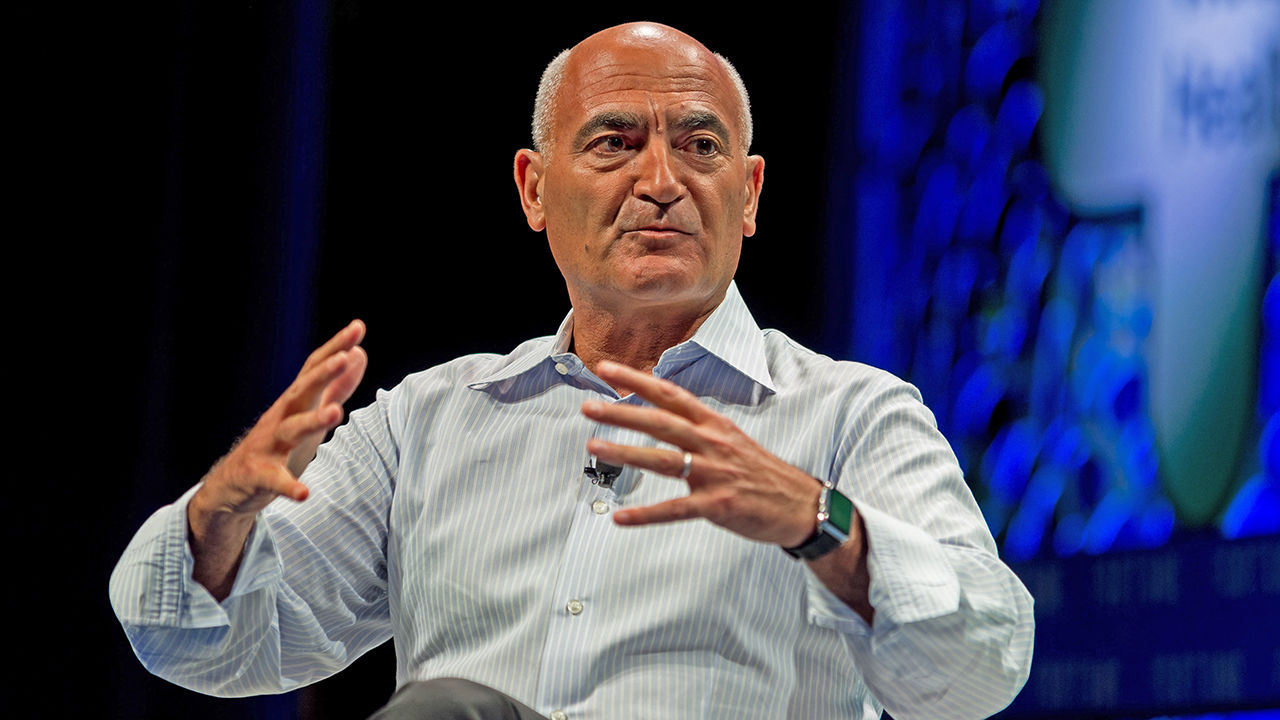
Leaders of the scientific community have declared that American science is in a crisis due to inadequate federal funding. They misconstrue the problem; its roots lie instead in the institutional interactions between federal funding agencies and higher education.
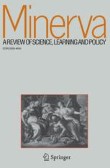
The CDC struggles with structural and cultural issues that have left the agency ill-equipped to fend off political attacks or to build up political capital.
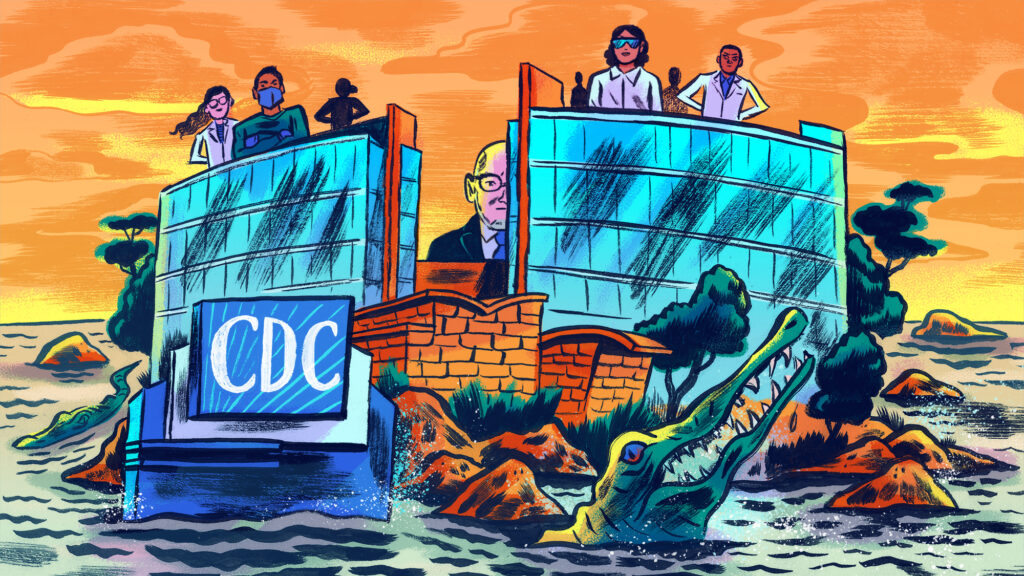
Nations are increasingly making conscious efforts to propel a subset of their universities into the global elite. But are such aspirations ever met? And, if they are, is that a blessing or a curse for those institutions denied entry to the club?
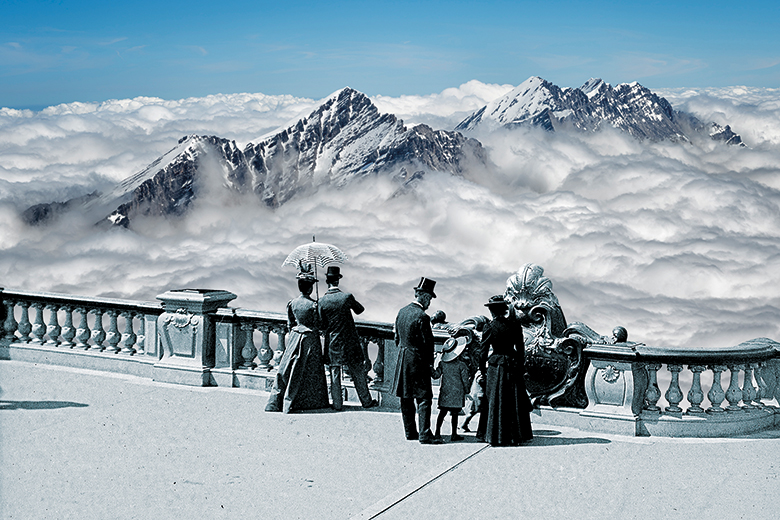
Acknowledge the history. Revise your work. Refuse to be complicit.

How do government, public policy development processes, and science interact? How can scientists engage with the policy world? How do politics, evidence and the logistics of delivery play into policymaking decisions?
When staff go on strike in the UK this month, they will be battling not just for the future of higher education but for our economy and culture, says Guardian columnist Owen Jones.

Hundreds of scientists across the federal government have been forced out, sidelined or muted since President Trump took office.
Richard Horton says periodicals can no longer sit 'passively waiting' for submissions and should instead focus on issues such as the UN Sustainable Development Goals.

Science today is facing what seem to be unrelated crises, issues and problems with the public. We tend to see science in terms of the science of the past, and its great achievements, whereas the way science is done, evaluated and made accountable, no longer fits its historical image.
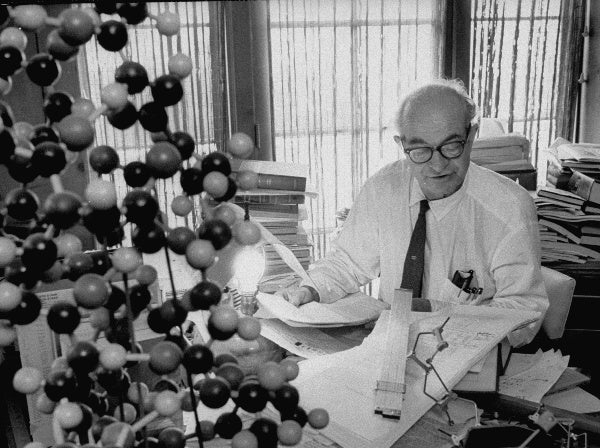
Democrats drop some provisions to gain Republican backing and improve chances of final passage of the scientific integrity bill.
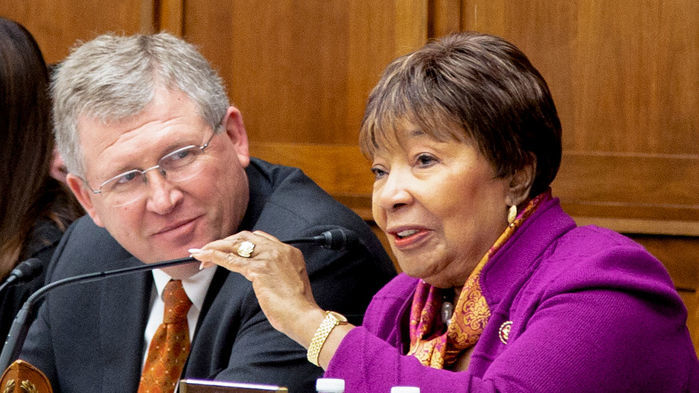
Former members of an air quality scientific advisory committee that was disbanded by the Trump administration’s Environmental Protection Agency said on Thursday they were forming an independent panel to continue their work.
Nonpartisan taskforce of ex-government officials reports 'almost weekly violations' of norms meant to safeguard objective research.

Scientists who were booted from their advisory roles by the Trump administration plan to reconvene their air pollution panel without the backing of the government.

It's been almost 60 years since President Kennedy called on Americans to enter public service. Scientists are heeding that call.
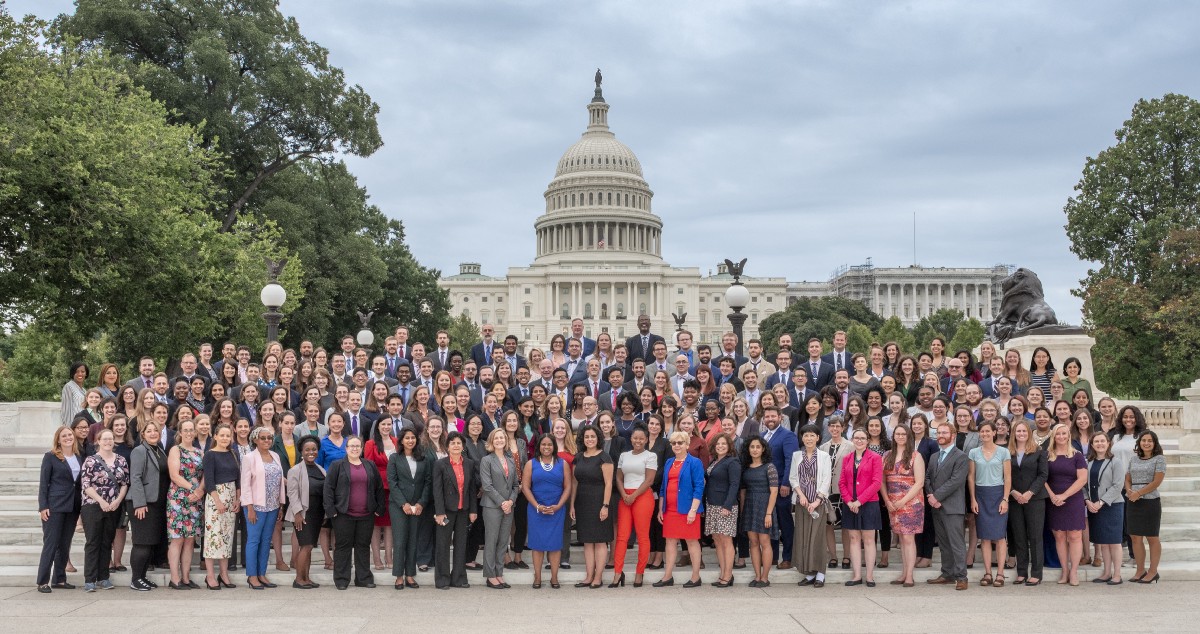
Sen. Maria Cantwell calls for committee hearings on whether Trump administration is trying to "undermine science."
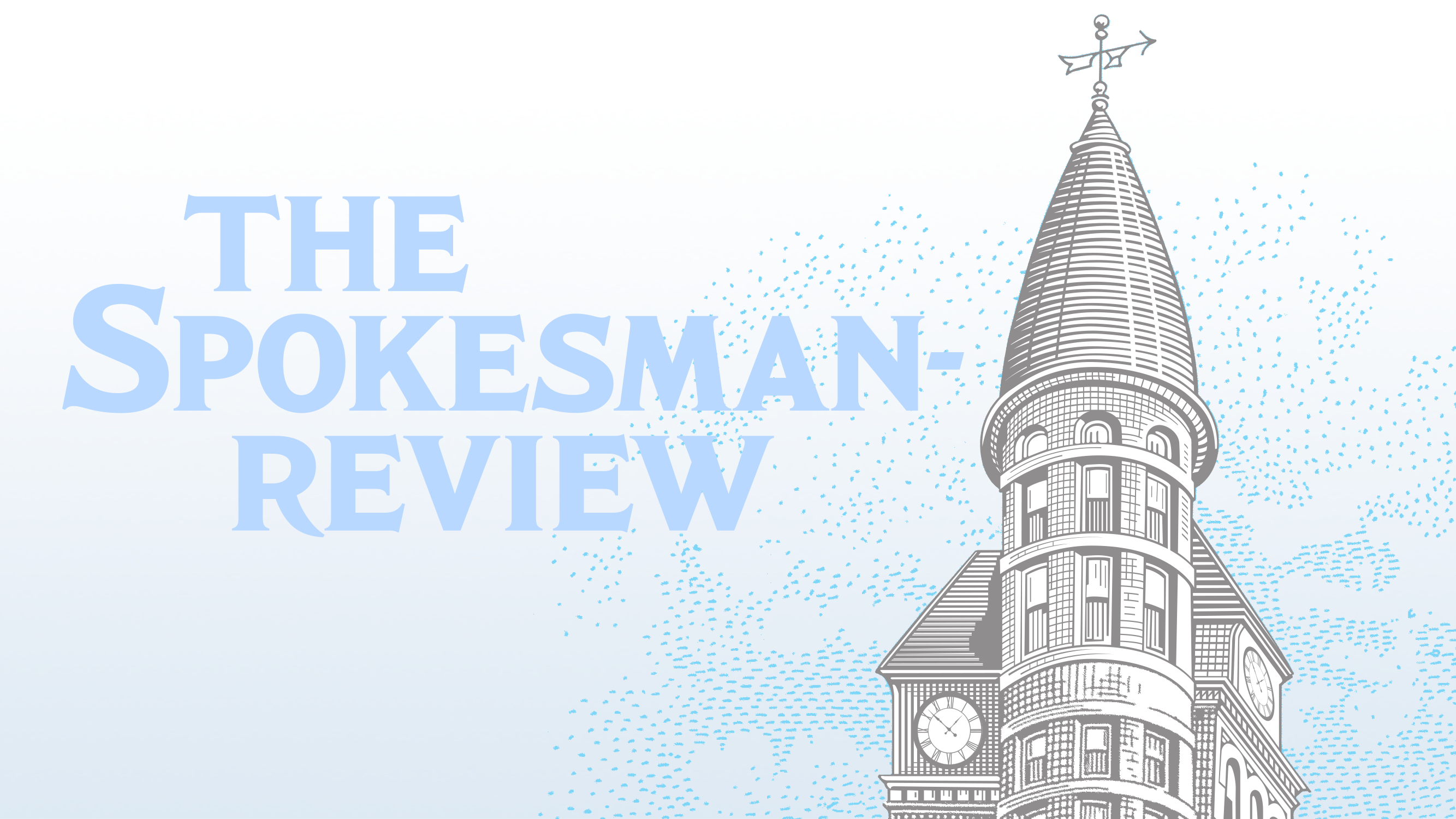
Around six-in-ten Democrats support increased spending for scientific research, compared with 40% of Republicans, a gap that has grown over time.
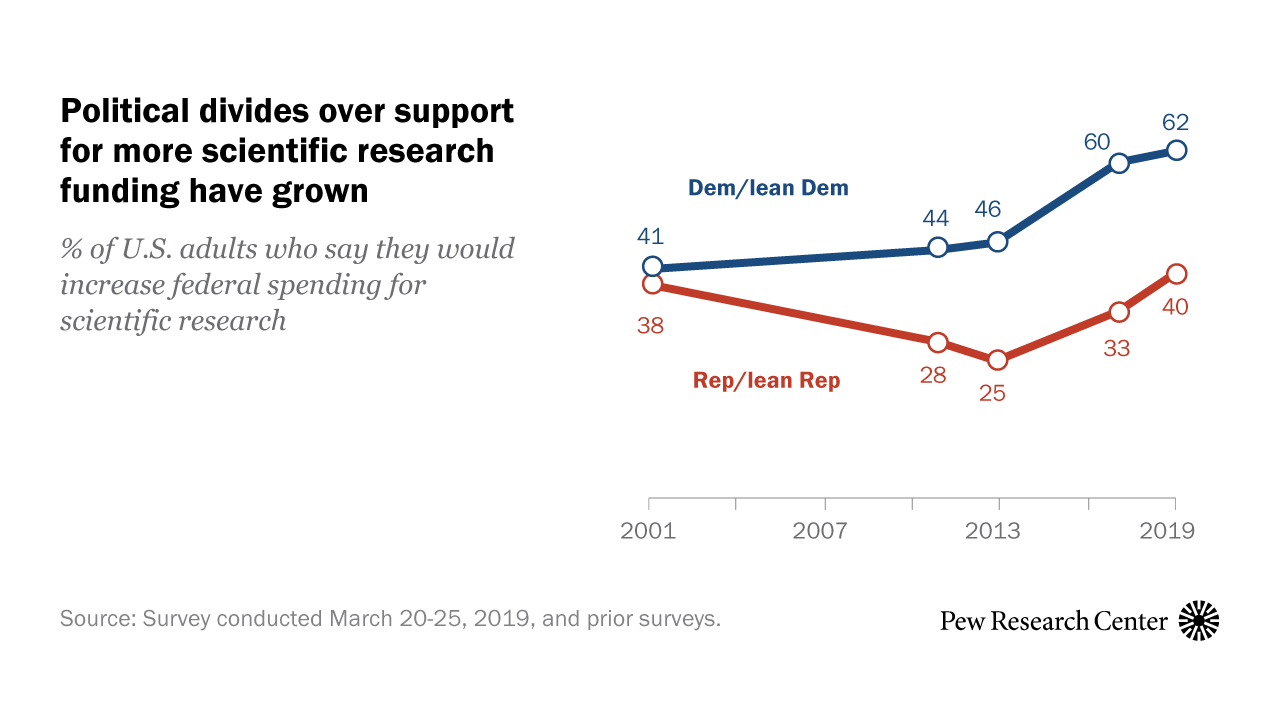
The Native Hawaiian protesters blocking the construction of the Thirty Meter Telescope on the summit of Mauna Kea appear to have settled in for the long haul.
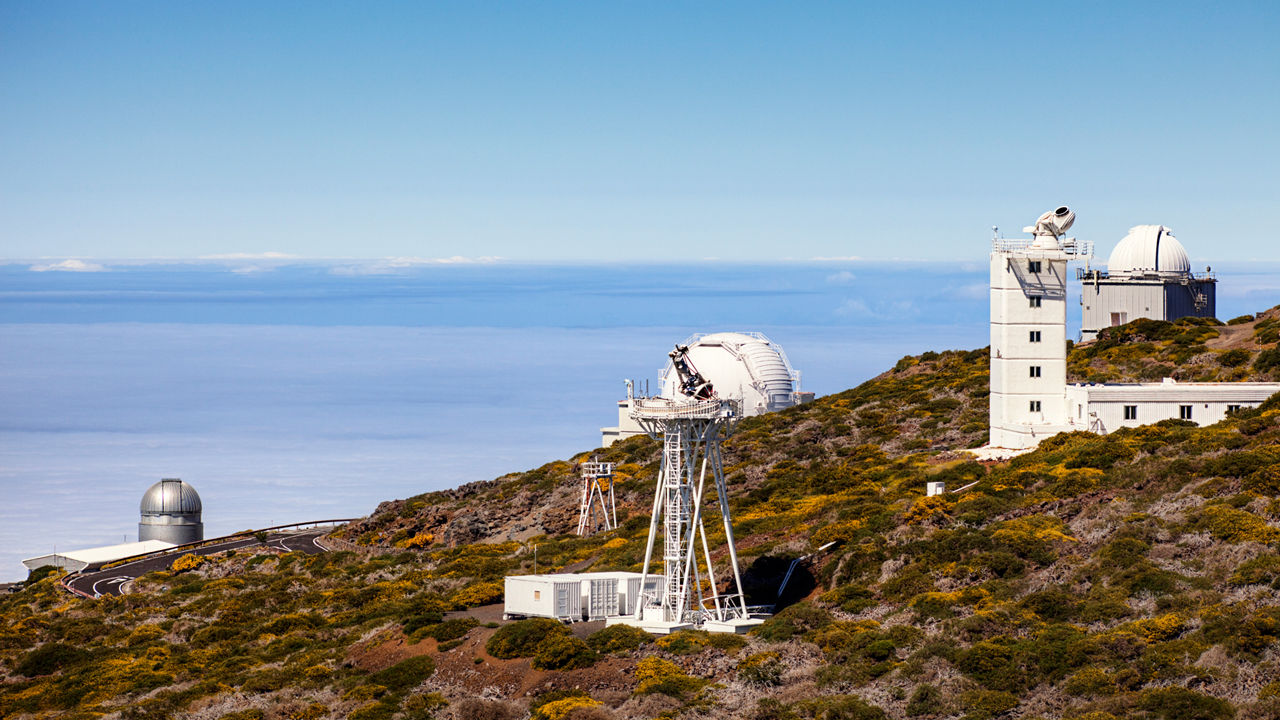
The collapse of Italy's coalition government has left researchers vulnerable. The president should use his moral authority with party leaders to make sure that promises of increased funding are kept.
